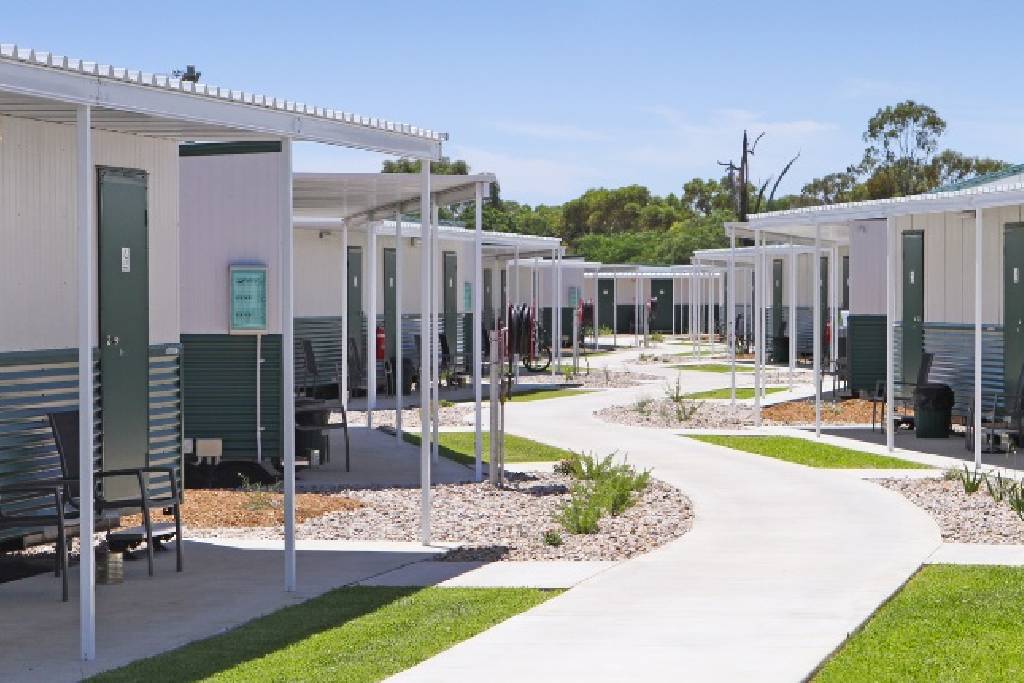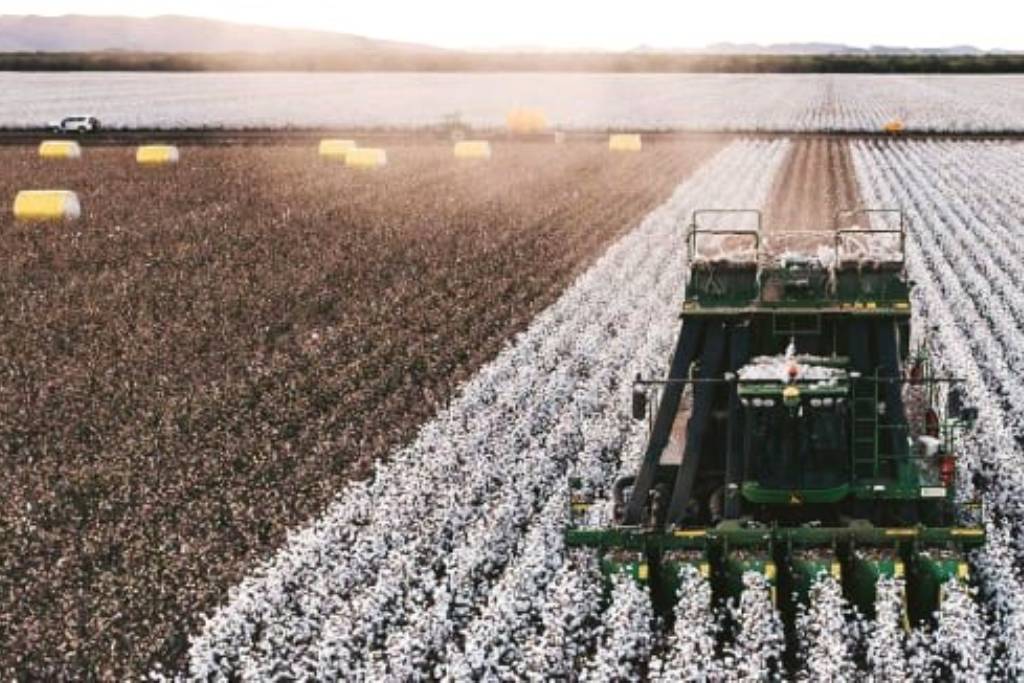The Agribusiness Sectors within the ECTA Value Chain
The Kimberley and Pilbara Regions
• The contractual agreements around the leasing of land and the associated water allocations;
• The development and construction of appropriate agri-tech methodologies that will afford the maximum use of the arable land and available water allocations;
• The arrangements around the hiring, induction, training, administration and transportation of qualified Indian Managers and workers fluent in Hindi and the geometry of the Indian Demand Chain system. NB. Many of these said ex-pat’ Indian Managers/workers live in Australia as Australian citizens or Permanent Residents.
• The construction and administration of the appropriate on-site, modular and/or transportable Workforce Camp accommodation for those Managers and workers;
• The locating and construction of appropriately equipped cool storage warehouses and/or processing facilities;
• The arrangements around value-adding, packaging, biosecurity regulations, certification systems, export audits, export documentation and inspections;
• The transport of the produce from the packing/processing sheds in the Ord River Irrigation Area (ORIA) to the Port of Wyndham, and/or to any other North-Western Australian port; and
• The appropriate security arrangements for any/all of the above.
Agribusiness
Infrastructure
Processing and Logistics
Textiles

Agribusiness
A number of commercial opportunities exist around the leasing and developing of land in North-Western Australia, and the associated water allocations.
These opportunities include:
- Utilising Joint Venture arrangements with North-Western Australia’s Indigenous First Nations peoples, via Indigenous Land Use Agreements (ILUAs).
- The development and construction of appropriate agri-tech’ methodologies that will afford the maximum sustainable use of the arable land and available water allocations;
- The arrangements around the hiring, induction, training and administration of qualified Indian personnel, fluent in English and Hindi, and the geometry of the entire ECTA Value Chain. NB. Many of these qualified ex-pat’ Indian personnel live in Australia as Australian citizens or Permanent Residents.
Infrastructure
The Project offers a range of commercial infrastructure opportunities associated with the construction and administration of:
- The appropriate on-site, modular and/or transportable Workforce Camp accommodation for the personnel involved in expanding the capacity of the Agribusiness component of the ECTA Value Chain; and
- The appropriately equipped cool storage warehouses and/or value-adding facilities where the agriproduct can be processed, packaged, and certified, prior to export.


Processing and Logistics
The Project offers a range of commercial activities related to:
- The arrangements around value-adding, packaging, biosecurity regulations, certification systems, export audits, export documentation and inspections;
- The transport of the produce from the packing/processing sheds to the nearby ports; and
- The appropriate security arrangements for any/all of the above.
Due to the commercial crossovers occurring within these sectoral components of the ECTA Value Chain, these activities ideally need to be administered by personnel who are fluent in both English and Hindi, and who understand the real-time geometry of where the ECTA Supply Chain interacts with the ECTA Demand Chain.
Textiles
Following decades of R&D, Cotton has commercially evolved into one of the Ord River Irrigation Area’s lead base-field crops. Using a whole-of-industry strategy, the ORIA boasts a sustainable growing paradigm that reliably cultivates a range of Cotton varieties producing quality base grade for fibre length and micronaire.
